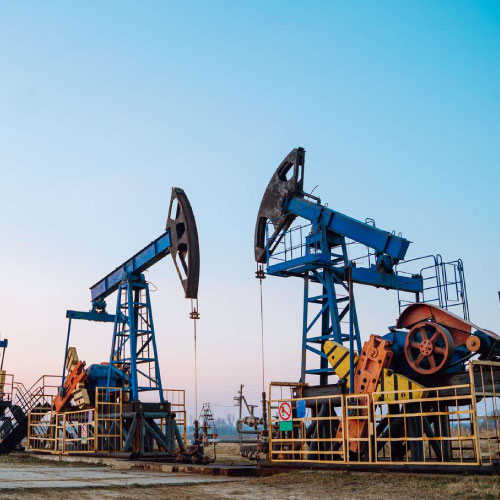Benefits
-
Implement Fuel Management Solutions
• Fuel Monitoring and Tracking
• Fuel Consumption Analytics
• Fuel Cards
• Optimize Fuel Logistics and Distribution
• Temperature Monitoring -
Fuel Efficiency and Sustainability Initiatives
• Eco-Driving Practices
• Transition to Alternative Fuels
• Hybrid or Electric Vehicles -
Safety and Compliance with Hazardous Materials Regulations
Oil and gas fleets often deal with hazardous materials that require special handling, making safety and regulatory compliance a top priority
• Regulatory Compliance: Ensure that vehicles comply with all relevant environmental, safety, and transportation regulations, such as the U.S. Environmental Protection Agency (EPA) standards, Department of Transportation (DOT) regulations, and OSHA safety requirements. Keep track of certifications, permits, and inspections.
• Hazardous Materials (HazMat) Training: Provide ongoing training for drivers and fleet personnel on safely handling hazardous materials, including emergency response procedures, spill containment, and proper fueling protocols.
• Vehicle Safety Features: Equip fuel transport vehicles with advanced safety systems such as collision avoidance, rollover protection, and fire suppression systems to enhance driver and cargo safety. Additionally, consider using advanced fuel leak detection systems for early identification of leaks
• Surveillance Systems
• Fleet Maintenance and Diagnostics
• Driver Management and Performance Monitoring
• Fleet Utilization
• Integration with Supply Chain Management,ERP software

